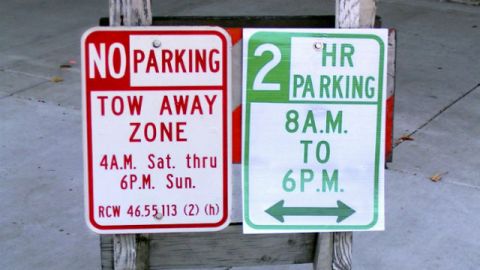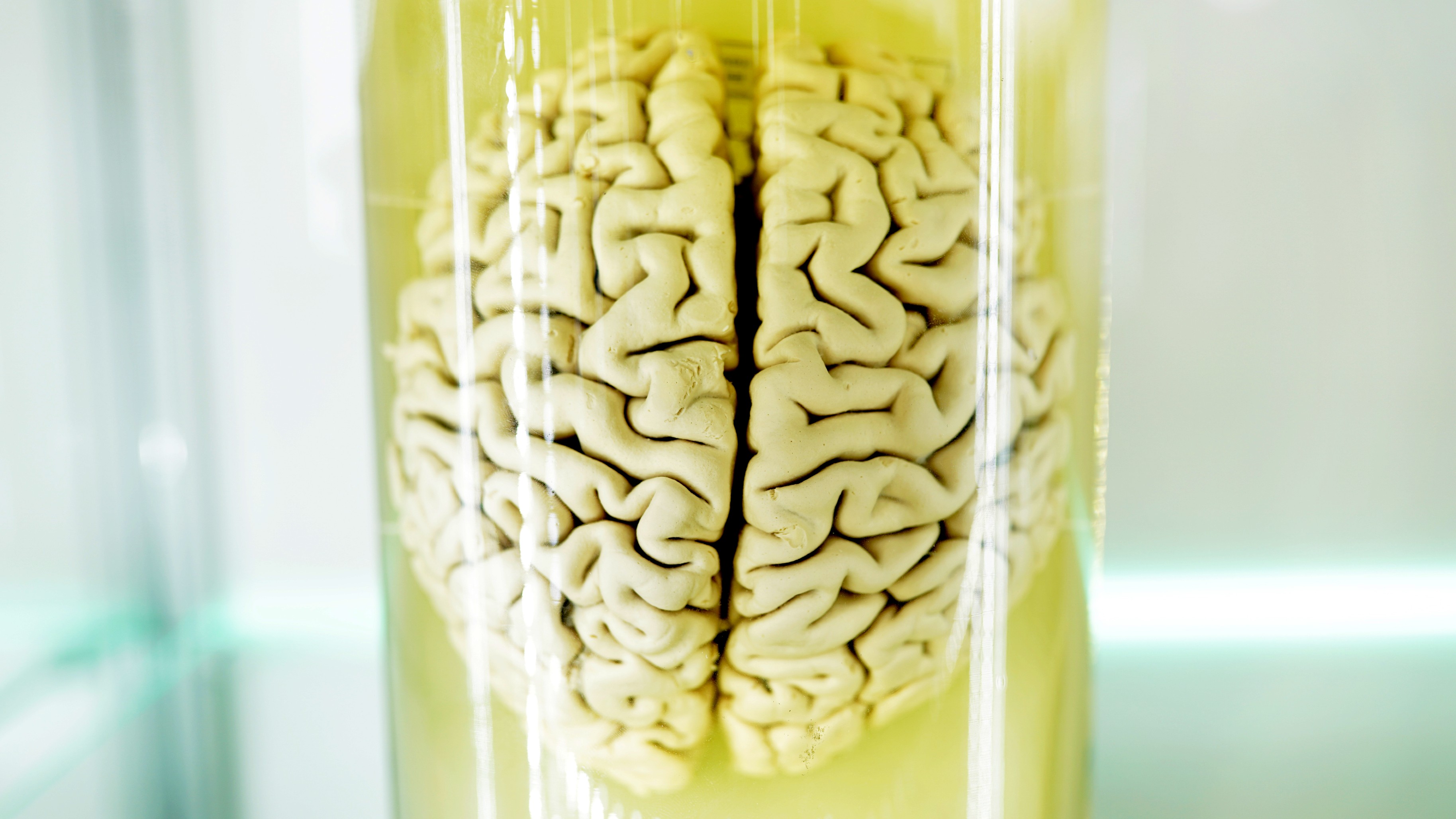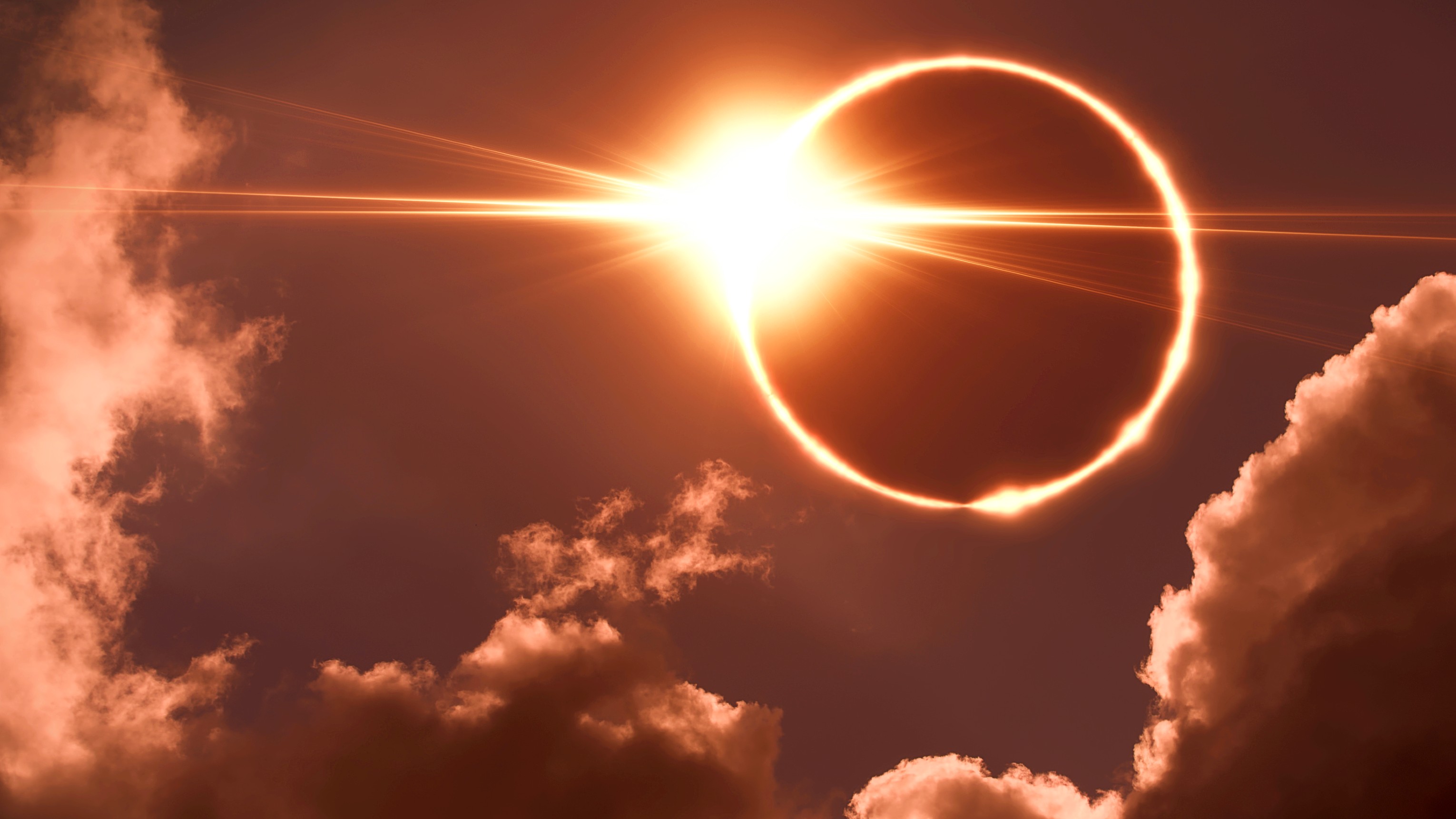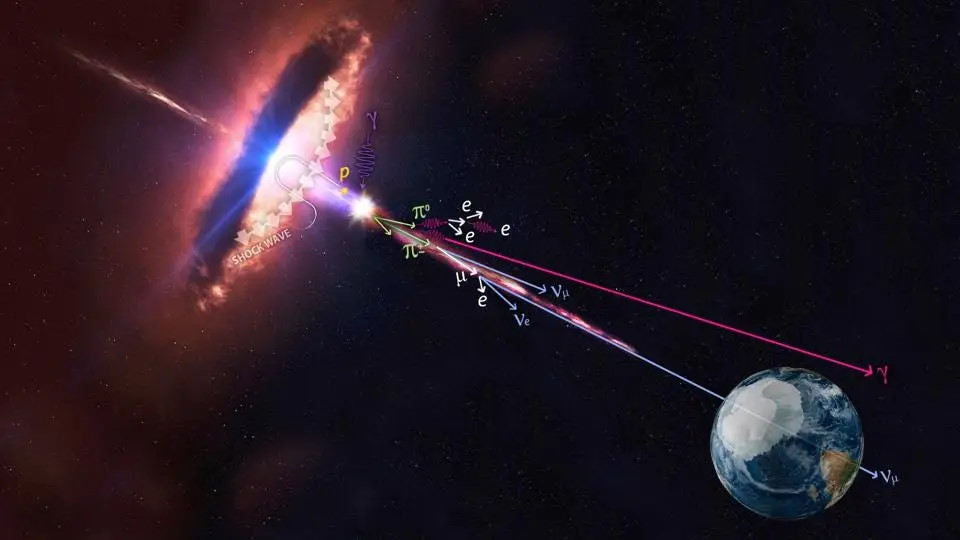Edward Snowden Had No Way Out

Pictured: A legal contradiction
A law which makes it criminal to reveal classified information about criminal behavior is a contradiction.
As it stands, we excuse police officers who break the law to stop crimes, but we condemn whistleblowers who… break the law to stop crimes. I think it should be the other way around. I think so because the type of law that Edward Snowden broke by exposing NSA surveillance programs and the type of law that the NYPD broke through Stop and Frisk are fundamentally different.
There is a fundamental difference, in terms of both law and of morality, between Edward Snowden’s disobeying orders by exposing classified information and the NYPD’s breaking the law by violating the 4th and 14th Amendment rights of stopped and frisked citizens.
To restate: that difference, properly identified, is the common issue running through the right take on the ruling against New York City’s Stop and Frisk policy, and the ongoing debate over the morality and legality of Edward Snowden’s and Bradley Manning’s whistle-blowing and document leaking.
Law is not itself simply a set of orders. There is a difference between following the law and following orders. In fact, whether or not a judge rules that NYC’s Stop and Frisk policy is illegal is irrelevant to the fact of whether it is or is not consistent with citizens’ constitution rights. Judges can be wrong too.
Also, if the law decides that Edward Snowden is legally culpable for exposing illegal behavior on the part of the NSA, then it is contradicting itself.
It is the defining characteristic of overpowered governments that in their society he who wants to follow the law still cannot.
How is the law contradicting itself in the Snowden case? It is written into the law that it is criminal to be an accessory to others’ illegal behavior and not to bring it to light. If, for example, I witness a murder and do not report it, I am criminally liable. So, being as generous as possible, we are forced to conclude that Snowden would have been breaking the law if he did expose the NSA programs and also if he hadn’t. In other words, Snowden had no legal, much less moral, way out. If that isn’t tyrannical, what is?
The salient feature of the issue surrounding whether Edward Snowden should be criminally liable for exposing classified information is whether that information was legally allowed to be classified in the first place.
If you accept the formulation that:
Premise 1) warrantless snooping on citizens is, justified as a means to an end or not, specifically contradictory to the mandate in the Fourth Amendment to The Constitution (and elsewhere) against searching and questioning citizens without probable cause or reasonable suspicion, and that…
Premise 2) there is, by design, no way to observe and expose those secrets without taking an oath to secrecy of classified information, then you must accept that…
Conclusion 1) there was no legal way for the government to classify the NSA progams that contravene the Constitution…
Conclusion 2) nor is there any moral case for prosecuting an individual who had the choice between breaking one law and breaking another law, which other law was in the first place illegal.
Woodward and Bernstein did not illegally whistleblow on Nixon’s formally secret snooping program (the goings-on of The Secret Service are, obviously, formally secretive), they legally made public his illegal actions.
The heart of the issue is what to do when those who create and enforce the law do so in a way that is itself against the law. What do we do when somebody breaks the law to expose law breaking? All that really needs to be considered to think about this clearly is where authority derives from.
In the case of The United States, that authority, if legally valid, must come from the people. I need not point out that the people cannot grant authority that they don’t know they are granting.
So, what we have is a case of a government which presumes people are guilty until proven innocent (and really even then), that puts individuals into situations in which they cannot act according to the law, and that takes authority from authority. I hope that I never again have to hear anyone’s take on this issue be: “What’s the big deal?”
Image courtesy of Shutterstock.com





